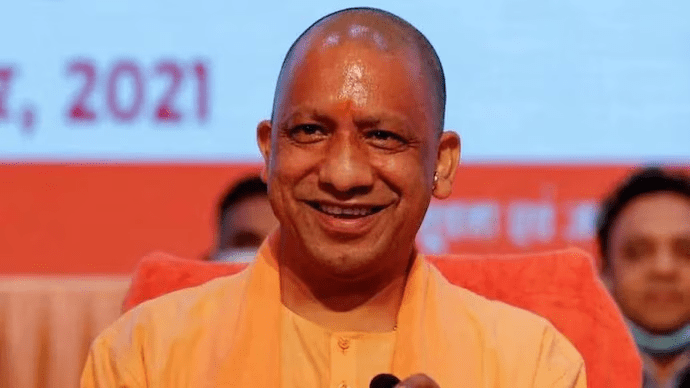In Short: The Yogi government in Uttar Pradesh plans to invest Rs 14 crore to boost technology research in the state. This investment underscores the government’s commitment to fostering innovation, supporting tech-driven initiatives, and promoting research and development activities. By allocating funds to advance technology research, Uttar Pradesh aims to enhance its industrial capabilities, drive economic growth, and create a more innovation-friendly environment in the state.
In Detail : This investment in over 100 research studies is part of a broader initiative by the Uttar Pradesh government’s Department of Science and Technology to push the application of artificial intelligence and blockchain technologies for fostering innovation and technological advancement in the state.
In a significant step toward technological and healthcare advancements, Lucknow-based King George Medical University (KGMU) is set to develop a sophisticated multi-parameter MRI model. Utilizing machine learning, this innovation aims to refine the identification, classification, and diagnosis of renal tumors, marking a crucial step in cancer treatment advancements in the region, said a senior official.
This development is part of a broader initiative by the Uttar Pradesh government’s Department of Science and Technology. Recently, the department approved over 100 research studies, emphasising the application of artificial intelligence and blockchain in healthcare and renewable energy. Major institutions involved include IIT-Kanpur, MNNIT, and KGMU.
During a meeting held in Lucknow, chaired by Narendra Bhooshan, Principal Secretary, Department of Science and Technology, as many as 109 research proposals received approval. With an allocation of Rs 14 crore, these proposals underline the Uttar Pradesh government’s commitment to fostering innovation and technological advancement, said Anil Yadav, Director, Council of Science and Technology, Uttar Pradesh.
Specific projects include AI and IoT-based real-time posture correction systems developed by MNNIT, aiming to alleviate health issues common among desk workers. Additionally, IIT-Kanpur is spearheading a project for early throat cancer detection among tobacco users, employing AI and advanced endoscopic imaging.
The Council’s approval also extends to projects beyond healthcare. A notable initiative by the Ambedkar Institute of Technology for Handicapped, Kanpur, is developing a helmet-controlled electronic vehicle chair, integrating artificial intelligence and IoT principles.
In the renewable energy sector, JSS Academy in Noida has received approval to create a system allowing the shared use of surplus solar energy. Utilising blockchain, microcontroller, and IoT, this innovation promises enhanced energy utilisation and community sharing.
Rohilkhand University, Bareilly is set to harness artificial intelligence and drone technology for inspecting assets of solar energy industries within the state. In another initiative, Rani Lakshmibai Central University in Jhansi aims to promote the cultivation of ‘Plas’ in Bundelkhand’s tribal areas and ensure the availability of its improved varieties. The ‘Plas’ plant has various uses, including the production of colors, ‘Dona’ leaves, medicines, and ply boards.
The project is expected to bolster employment and augment farmers’ income. In alignment with these developments, the Science and Technology Department of Uttar Pradesh also announced an increase in the fellowship for research staff involved in projects funded by the Council of Science and Technology. The enhancements in financial support are seen as a step to incentivise and fuel more groundbreaking research across the state. Now, research assistants will receive a fellowship of Rs 25,000, up from Rs 20,000, and senior research assistants will get Rs 28,000, a rise from the previous Rs 22,000.
Also, the Council’s Executive Committee is mulling for the expansion of research activities to every district, with particular attention to the aspirational and backward districts of Bundelkhand and Purvanchal.

